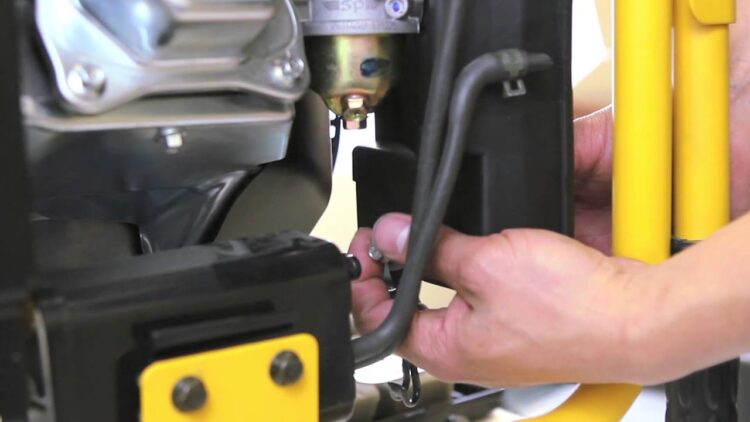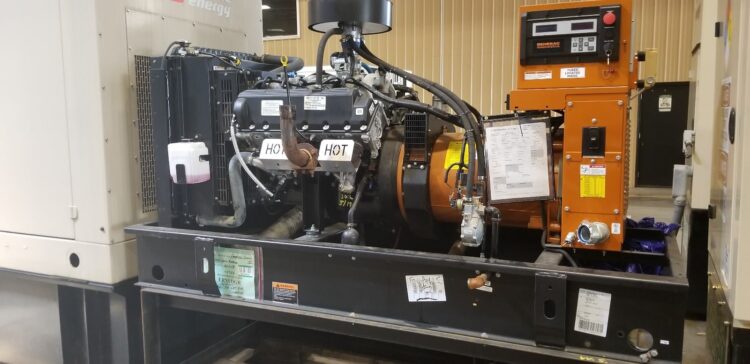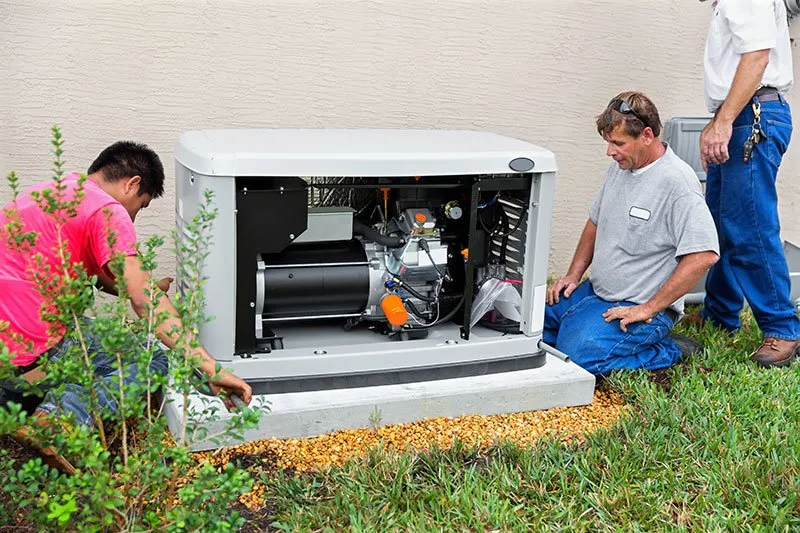Backup generators are essential equipment for homeowners and businesses alike, providing a reliable source of power during power outages or other emergencies. However, like any machine, they require regular maintenance to ensure they operate efficiently and last for many years. Here are some tips on how to properly maintain them for longevity and efficiency.
– Read the Owner’s Manual

The first and most important step in maintaining your backup generator is to read the owner’s manual thoroughly. The manual will provide you with all the necessary information on how to operate and maintain it, including the recommended maintenance schedule, the type of fuel to use, and troubleshooting tips.
– Regularly Check and Change the Oil
Just like any other engine, your backup generator needs clean oil to run smoothly. You should check the oil level at least once a week and change it after the first 25 hours of use, and every 100 hours thereafter. Be sure to use the recommended oil type and grade specified in the owner’s manual.
– Replace the Air Filter

The air filter in your generator is responsible for keeping dirt and debris from entering the engine. Over time, the air filter can become clogged, reducing the efficiency of the generator. You should check and replace the air filter every six months, or more frequently if it is used in a dusty environment.
– Inspect the Spark Plug
The spark plug is responsible for igniting the fuel in the engine. If the spark plug is dirty or damaged, the generator may not start or may run poorly. You should inspect the spark plug every six months and replace it if it shows signs of wear or damage.
– Keep the Fuel Tank Clean
Contaminated fuel can cause serious damage to your generator’s engine. To prevent this, you should keep the fuel tank clean and avoid using old or stale fuel. If it is not used for an extended period, you should drain the fuel tank and refill it with fresh fuel before use.
– Test the Battery
Many backup generators have a battery that is used to start the engine. You should test the battery every six months and replace it if it is not holding a charge or shows signs of damage.
– Clean the Generator
Dirt and debris can accumulate on the generator over time, reducing its efficiency and lifespan. You should clean it regularly using a soft brush or cloth. Be sure to avoid using water or harsh chemicals, which can damage the generator.
– Run the Generator Regularly

A backup generator is designed to be used occasionally, but it still needs to be run regularly to keep its components lubricated and prevent them from seizing up. You should run it at least once a month for 30 minutes, or as recommended by the manufacturer.
– Store the Generator Properly
If you need to store your generator for an extended period, you should take some precautions to prevent damage. Drain the fuel tank and carburetor, disconnect the battery, and store it in a cool, dry place.
In conclusion, a backup generator is a valuable investment that can provide peace of mind during power outages or other emergencies. However, proper maintenance is essential to ensure it operates efficiently and lasts for many years. By following these tips, you can keep it in top condition and ready to use when you need it.

